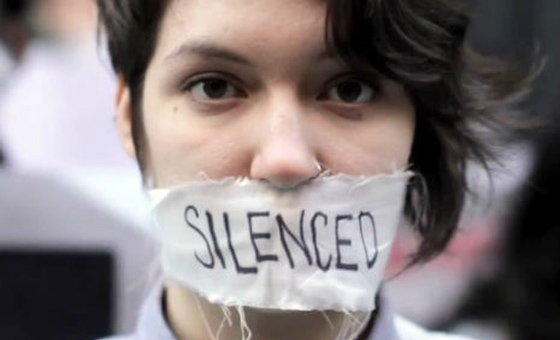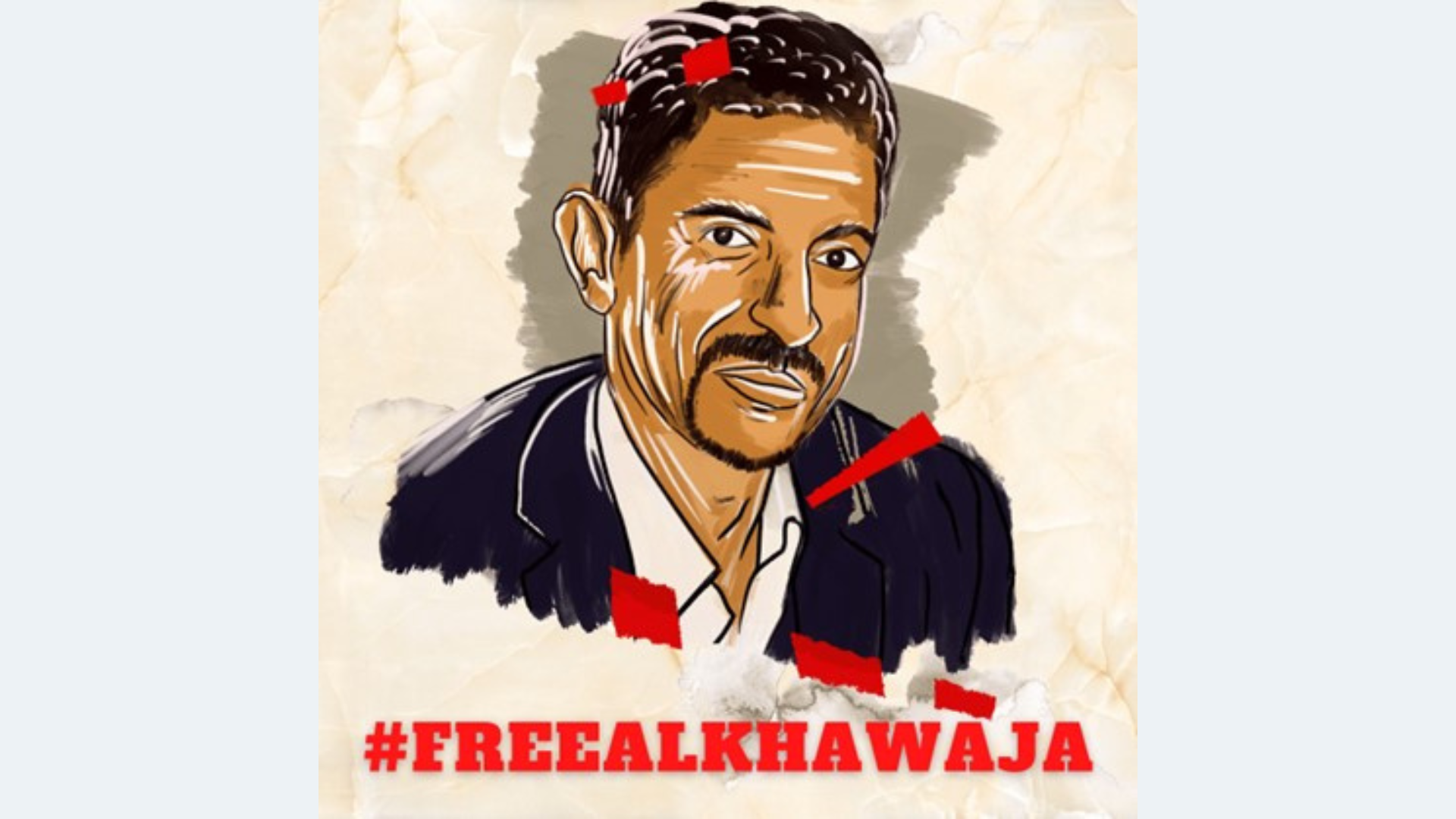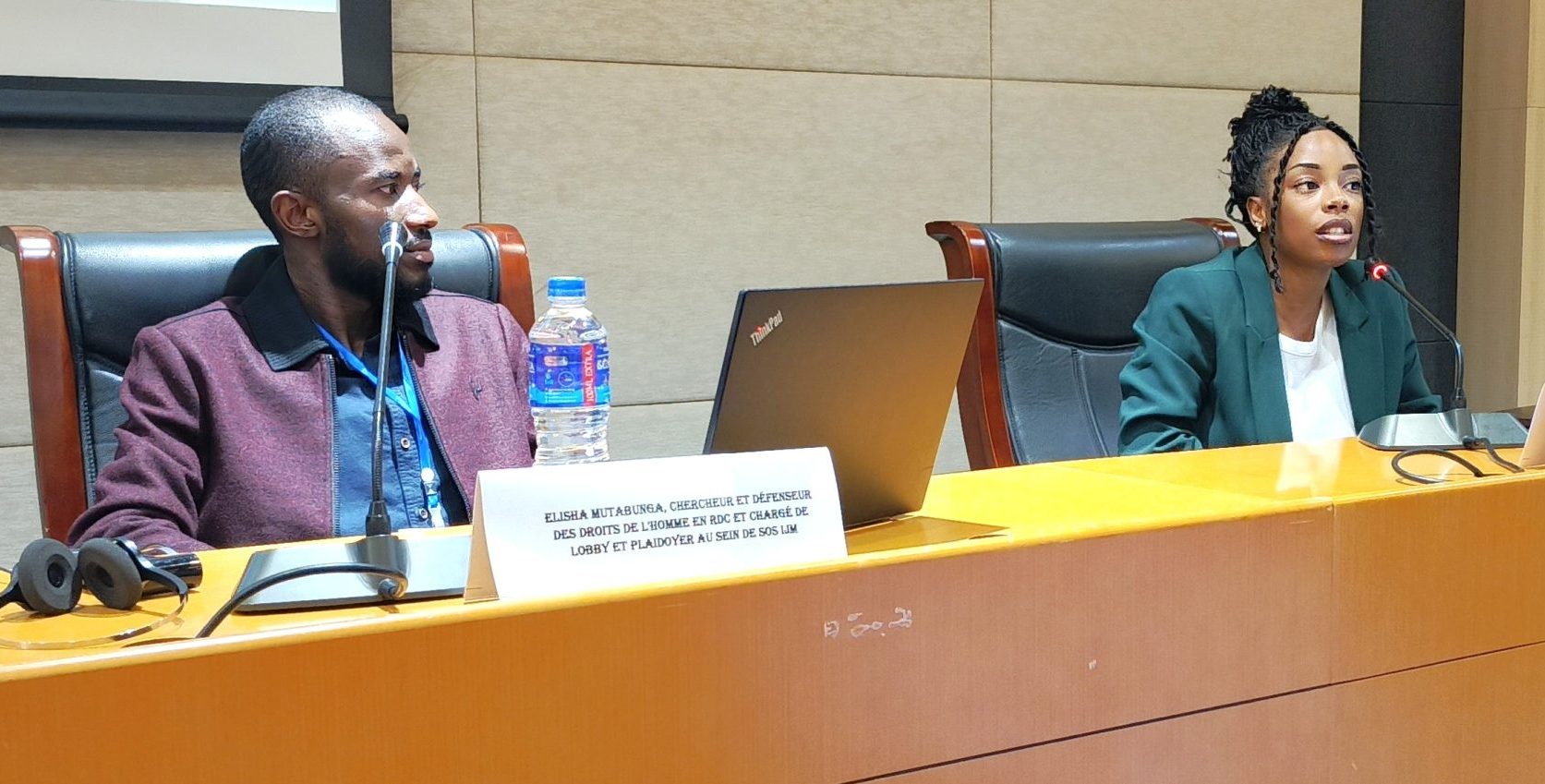(New York) – Democratic States that value and respect a vibrant civil society should do more to support non-governmental organisations to have their voices heard at the United Nations, the International Service for Human Rights said today.
The call comes after very few such States stood for election to an important UN committee that regulates civil society access to the UN, vacating the field for the election of a number of repressive States whose intolerance for civil society at home looks set to further restrict NGO access to the UN.
‘The membership of the Committee on NGOs, which already is dominated by member States that are not supportive of civil society, is set to get worse in 2015,’ said Michelle Evans of the International Service for Human Rights.
States newly elected to the 19-member Committee on Non-governmental Organizations include the repressive regimes of Iran, Mauritania, and Azerbaijan.
‘The election of repressive States to the Committee means that human rights NGOs will face further obstacles in seeking to access and effectively participate in the Human Rights Council and other UN processes,’ Ms Evans said.
The Committee on NGOs makes recommendations to the UN’s Economic and Social Council about the accreditation of NGOs, which is a requirement for their participation in many UN meetings. This year the majority of candidates for election to the Committee have very poor track records in respecting and supporting civil society, non-governmental organisations and human rights defenders. Many of them, including China, Russia and Sudan, have also shown a disturbing pattern of attacks, intimidation and violence against NGOs who seek to cooperate with the UN human rights mechanisms.
‘The UN depends heavily on the free and safe cooperation of human rights defenders for its effective functioning,’ said Ms Evans. ‘It is completely incoherent that the same States that seek to fracture this partnership should serve on a Committee that governs civil society access to and participation in the UN.’
‘Member States that sit on the NGO Committee should be committed to a robust partnership between civil society, the UN and Member States, not only because the legal framework set out in the UN Charter and ECOSOC Resolution 1996/31 requires it, but because civil society has a crucial role to play in advising and enhancing the accountability of the UN and its member States,’ Ms Evans said.
Disappointingly, only a few such member States – including Greece, Israel, South Africa, Uruguay and the US – stood for election or re-election to the Committee on NGOs.
The dismal showing of candidates occurred despite a campaign by the International Service for Human Rights and others to urge moderate, open and accountable democratic governments in all regions to run for a seat on the Committee.
‘It is deeply troubling that more member States which profess support for civil society were not prepared to translate this rhetoric into action by standing for election,’ said Ms Evans.
The membership composition also means that democratic new members – such as Greece, which is replacing Belgium – will need to be particularly active and vigilant on the Committee.
‘We welcome the strong support that Belgium has given to civil society during its term on the Committee and urge Greece to play a similar leadership role. It is imperative that Greece continues Belgium’s outstanding work in protecting the right to unhindered access for NGOs to the UN, and positively influencing the Committee to fulfil its mandate of giving a voice to civil society at the UN,’ said Ms Evans.
It is crucial for public confidence in the NGO Committee, the ECOSOC, and the UN itself that the NGO Committee deal with applications for accreditation in a fair, transparent and timely way.
‘It discredits the UN as a whole when the NGO Committee is seen to reject or unduly delay NGO applications for accreditation just because some States oppose their views or disagree with the content of their work,’ Ms Evans said.
‘Human rights defenders want to and have the right to participate in the policy debates on issues that affect them and the communities they represent. The more their human rights concerns are marginalised or ignored, the more vital it is that those NGO voices are heard.’
The States elected to the NGO Committee on 23 April are:
- Africa: Burundi (re-elected), Sudan (re-elected), Mauritania (replacing Morocco), South Africa (replacing Mozambique) and Guinea (replacing Senegal).
- Asia: China (re-elected), India (re-elected), Iran (replacing Kyrgyzstan), Pakistan (re-elected)
- Eastern Europe: Russia(re-elected), Azerbaijan (replacing Bulgaria)
- Latin America and Caribbean: Cuba (re-elected), Nicaragua(re-elected), Uruguay (replacing Peru), Venezuela (re-elected)
- Western Europe and Others: Greece (replacing Belgium), Israel (re-elected), Turkey (re-elected), United States (re-elected).
Contact: Michelle Evans, [email protected], Programme Manager and New York Advocacy Coordinator




